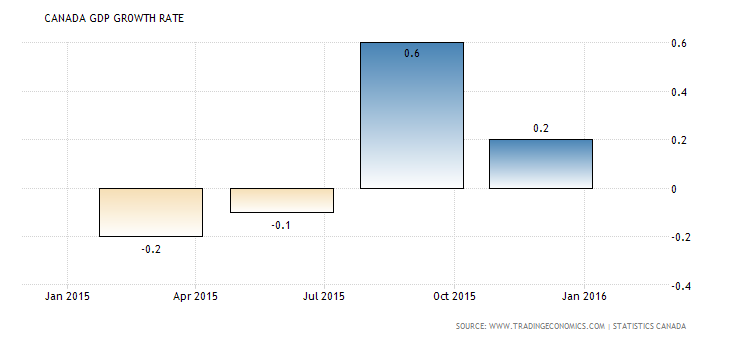Job Losses despite Growth in Economy
Contents
Canada’s economy continues to grow despite dipping oil prices over recent months. That notwithstanding, the rate of unemployment has soared, with the country losing 2,300 jobs within February of this year alone. This information, which comes from Statistics Canada, a well known data agency, also has it that the rate of unemployment actually reached 7.3% the same month, a level that was last experienced in the first quarter of 2013.
Surprisingly, US based Bloomberg L.P. had earlier predicted, after a survey, that Canada would create in excess of 8,500 jobs around the same period. Still, they may have been vindicated by the fact that the country had an increase of jobs in the construction sector, to the tune of 34,000.
Part Time Jobs Increase as Full Time Ones Decrease
Not all is doom and gloom for job seekers in Canada. Although the figure of 52,000, which is the number of full time jobs lost last month, is grim, the situation has been a little moderated by the rising number of part time jobs available in the country.
Besides, not all areas of Canada have disappointing stories to tell about the current job market. For example, British Columbia with its vibrant Vancouver City had an impressive increase of jobs. Also, besides two of the country’s territories of Saskatchewan and the Prince Edward Island, only one province, New Brunswick, actually had job losses. Every other of the country’s ten provinces had its employment level unchanged or minimally affected. This means that it is relatively easy for the county to identify the factors leading to those job losses and address them appropriately.
US Demands More Crude Oil from Canada
From what is happening in the neighborhood, there is a lot of hope for Canada’s economy to blossom. The US has increased its oil imports from Canada. In fact, as far as crude oil is concerned, daily export to the US rose at the beginning of January to between 3 million to 4 million barrels. This information is right from the U.S. Energy Information Administration. This is a pleasant surprise for Canada, considering that the US congress has been working at lifting the country’s 40yr ban on the export of crude oil.
If Canada’s oil export market continues to thrive as it began this year, it is likely to have a positive impact on the local economy, and have a spill-over effect on Canada’s job market. Positive results can already be seen from the strengthening of the Canadian dollar from the start of the year.
Service Sector More Adversely Affected
Unlike in China where the service sector flourished as the construction sector slackened, the opposite has been happening in Canada. As already mentioned, 2016 opened with a thriving construction industry. However, there were significant job losses in the service industry, with health being the most hit with a job loss totaling 20,000 and education going up to 17,000. Unfortunately, 9,000 jobs also disappeared from the sector dealing with natural resources.
Great Prospects for Canadian Stocks
Despite the not-so-bright position in the stock exchange last year and up to January this year, investors seem to be having a positive outlook after weighing the different factors at play in Canada’s economy. It seems the position of Doug Porter, who is an economist with Bank of Montreal, is becoming popular by the day. According to Porter, Canada’s economy is not fundamentally doing badly; rather, it is becoming more export driven rather than consumer driven. The optimism is clear particularly looking at the S&P/TSX Composite Index that has risen 11% in the past one month. To add credibility to the whole positive outlook, the Canadian currency has gained 4% against the US dollar within the same period.




